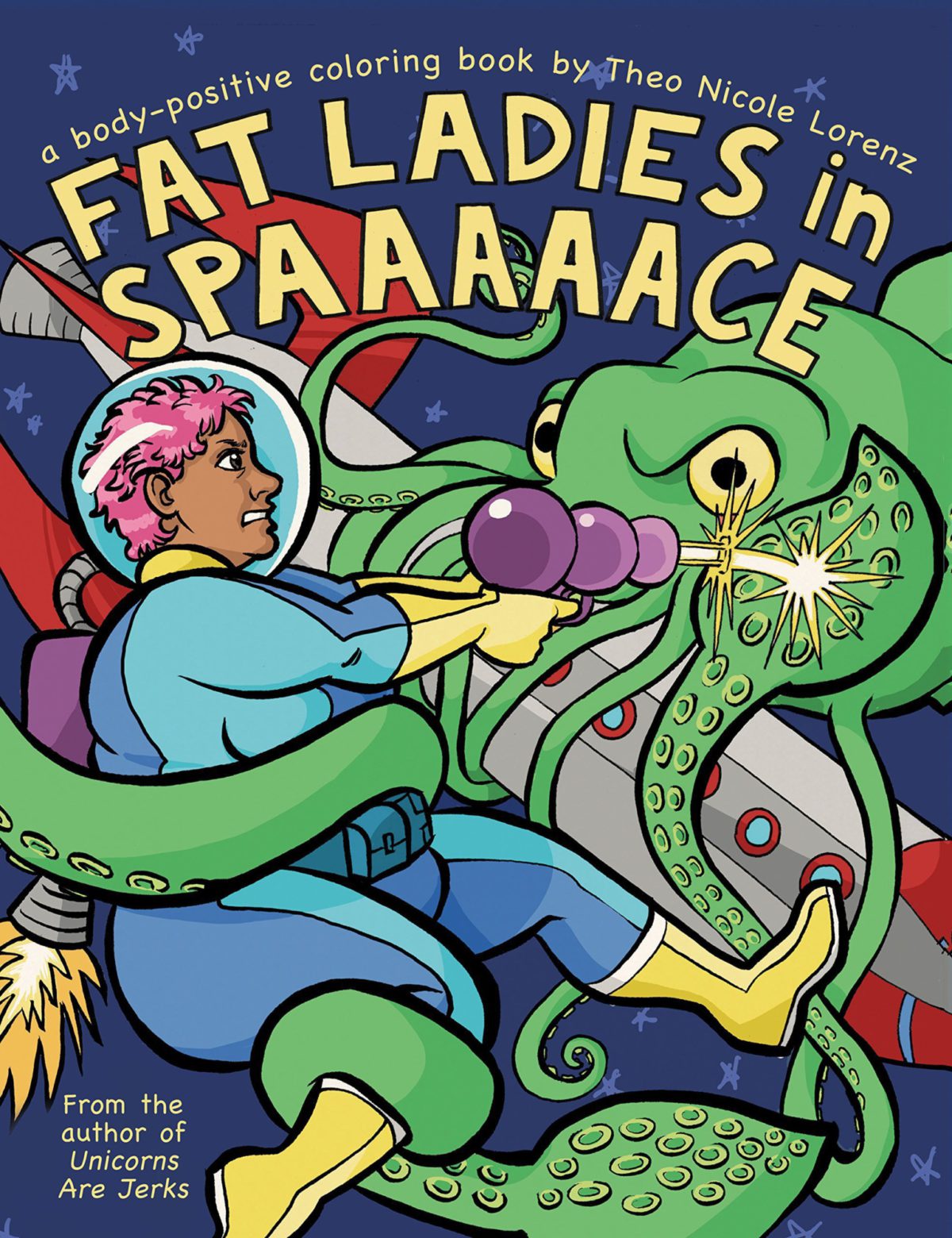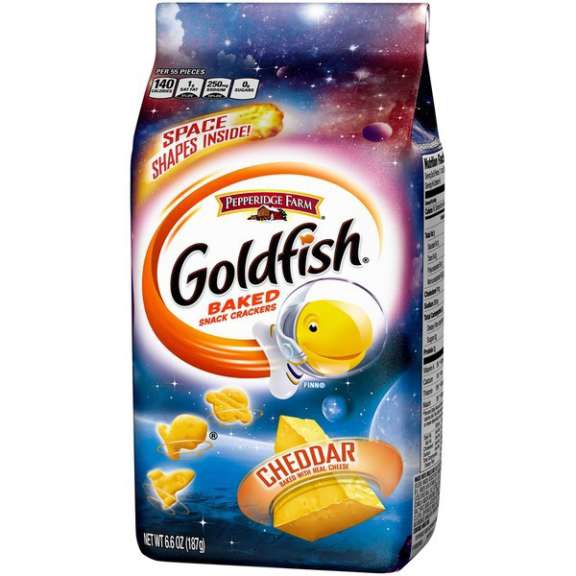Emily Lakdawalla • Nov 30, 2011
Reviews of space-themed books & products for young children
As I do every year, I've collected a bunch of new (or relatively new) books and other products on space themes for children. This year my collection wound up much larger than in past years so it's been tough to get this post out the door; in fact, I'll be doing it in more than one installment, split roughly by age, though there will unavoidably be overlap. This one is for products suited for the youngest kids. Hopefully I'll get the older kids' post out today.... Here's the link to the book reviews for older kids.

Written by Brian James, Illustrated by Russell Benfanti
Scholastic, 2011
16 pages, board book
ISBN: 978-0-5452-3517-4Image: Scholastic
I've been looking for a good planet board book for toddlers ever since I realized that my previous favorite, My Book of Planets, was out of print. Eight Spinning Planets has finally filled that niche. It's a large board book, with each planet represented as a round plastic shape protruding through die-cut circles in the pages; as you turn each page, one planet at a time disappears until, on the last page, you're out at Neptune. The text is in rhyming couplets: "Eight spinning planets travel round the sun./Mercury is closest and is the smallest one." There are two couplets on each page, and the way they are written, you can choose to read only the first couplet and the book still rhymes and makes sense -- something that any parent of a toddler who likes to turn the pages too fast will appreciate. Each page also has a photo from each planet and a short sentence about it, some of which are much better than others, but these are pretty much ignored by my daughter. The main strike against this book is the final couplet, which is wrong in a couple of ways: "We've counted all the planets circling the sun. That leaves only Pluto, which is too small to be one." I've been working on a substitute final sentence for the book, but haven't come up with a good one yet. Overall, though, I recommend the book; reading it has taught my younger daughter the names of the planets and their order from the Sun.

by Nancy Coffelt
Sandpiper, 1996
40 pp, ages 3 and up
ISBN: 978-0-1520-1004-1Image: Sandpiper
Dogs in Space is 15 years old now but I only found it recently and it is one of my favorite books to read aloud to young children. Richly colored pastel-drawn dogs "blast off from Planet Earth for a solar system tour." They journey in turn to each of the planets, finding something not quite hospitable on each one ("Ah-choo! Dogs in space sneeze red dust on the planet Mars.") Having traveled to Pluto, they reflect on the things they like about space (for instance, "There are no cats in space.") But they miss warm laps and dog bones so they return to planet Earth, "for now."

by Carmen Bredeson
Enslow Publishers, 2011
24 pp, ages 5-8
ISBN: 978-0-7660-3863-9Image: Enslow Publishers
It's rare to find a "science facts" type of book suitable for 5- and 6-year-olds; most just have too many words. Weird but True Space Facts fills that niche, with fun and simple text that early readers can take on with help from parents. Each two-page spread has one large photo and a couple of sentences discussing just one or two "weird but true" space facts. For example, the page titled "Gas Planets" tells you: "Jupiter, Saturn, Uranus, and Neptune are called gas giants. They do not have solid ground like Earth. They are made of gas. You could not stand on the gas giants. It would be like trying to stand on a cloud. It's weird, but it's true!"
An Astronaut Cookbook: Simple Recipes for Kids features seven recipes with space themes that don't require a stove or an oven so are therefore approved for younger kids. I don't really see it as a cookbook but rather a space-themed craft activity book for 5- to 9-year-olds in which the activities' products can be eaten, if desired. The recipes don't really seem that tempting or even too convincingly spacey (for instance, "flying saucers" that are no-cook pizzas made of rice cakes, cold pizza sauce, shredded cheese, and pepperoni? No thanks.)
When I spotted the Astrobods series of nine books I really wanted to love them. They owe a lot to Roger Hargreaves' Mr. Men and Little Miss books -- each planet is represented by a brightly colored character given his or her own story in tiny little paperback books. The planet characters are absolutely adorable, and it would be cool to see them turned into a children's animated show. Unfortunately, the authors are not Roger Hargreaves; the writing in the books is pretty dull. In most of them, a character is introduced, with some problem that is making them sad (or, their bad behavior is causing other characters' problems), and then they travel to each of the other planets and get told some lessons and then in the end everyone's happy. There are variations but it's basically the sort of heavy-handed lessoning children get from Ni Hao, Kai Lan or Wow Wow Wubbzy cartoons, without the benefit of lively animation. As storyboards for cartoons, the stories would be slightly better, because there'd be less narration; as books, meh. If you'd like to give one or two a try, I think that the best of the bunch are Saturn Has a Holiday (in which Saturn's rings fade because her 60 moons have overworked her), or Jupiter's Big Red Spot (in which king Jupiter feels self-conscious because of his enormous red spot). They're not available from Amazon, only direct from the publisher.
To play Robot Explorers: A Solar System Race Game, you move markers around orbits on a board, trying to land on each of the eight planets to "collect samples" from all of them. I was a bit surprised to see the negative reviews on Amazon because my 5-year-old loves to play it, and I enjoy playing it with her. I suppose it's not for everyone: the rules regarding which directions you can move your pieces are somewhat complicated, but they make sense (for instance, you can only "orbit" in one direction, around the circular paths on the board, you can't go "backwards") and I don't mind helping my daughter follow them or helping her think through the most efficient way to use each random roll to get her samples the quickest. It doesn't usually take more than three or four rolls to get from one planet to the next, so the game moves relatively rapidly. My daughter loves collecting all the little sample pieces (portrayed as rocks for the terrestrial planets except Earth, which has animals, and jars with gas samples for the outer planets) and laying them out on her "sample collection tray." Like all of the other Amazon reviewers, my biggest complaint is that the included game spinner does not work at all. But it's designed to generate a random number from 1 to 6, so after borrowing a die from my Yahtzee game for a while I finally bought a six-sided die from my local game shop to keep with Robot Explorers.

by Nicole Lorenz, 2011
18 pp, paperback
ISBN: 978-1-4637-8683-0Image: Nicole Lorenz
You're probably curious about the story behind Fat Ladies in Spaaaaace: A body-positive coloring book. I certainly was! It originated at a panel at the feminist science fiction convention WisCon, where the question was asked: why aren't there any fat women in science fiction art? Artist and writer Nicole Lorenz set out to fix that, and created Fat Ladies in Spaaaace. The drawings are fun, each one bearing a one-sentence statement about the character -- among them, a space botanist, space pirate, space zombie hunter, space cruise ship traveler, and a "member of the elite bodyguard forces of the Space Pope." It's printed on very nice bright white paper, far superior to the usual coloring book newsprint. The book includes 18 drawings printed on one side only of each page. My girls and I colored a few pages one recent lazy Sunday morning. Anahita wrote "JPL" on hers!
Here's a really random kid-friendly space item: Pepperidge Farm's "Goldfish® Space Adventures." They're the usual cheddar-cheesy flavored crackers in vegetable-dyed colors, with purple and orange fish, yellow stars and moons, and red rocket ships. Here's a cell-phone photo of what the bag and crackers look like, and here's the product page. It's rare to see space-themed things (and not trademarked characters) featured on such popular kid food item as Goldfish®, so I was very happy to see these on the shelves at my local grocery store. (Editorial note: very cute that the official Goldfish® website URL is fishfulthinking.com)
The Time is Now.
As a Planetary Defender, you’re part of our mission to decrease the risk of Earth being hit by an asteroid or comet.
Donate Today

 Explore Worlds
Explore Worlds Find Life
Find Life Defend Earth
Defend Earth




